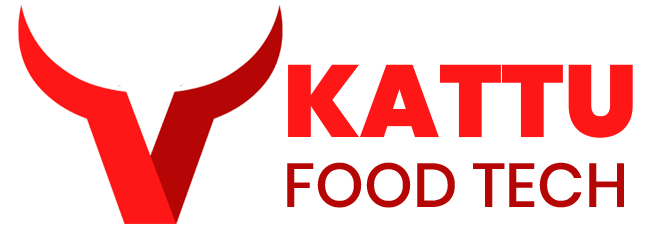Currently Empty: $0

The first country to legislate functional food products was Japan – Food Science & Technology (28-01-2022)
Q1. The first country to legislate functional food products (FOSHU stamp- Foods of Specific Health Use) was?
- China
- Japan
- Europe
- America
ANSWER – B. Japan
- Explanation: In the early 1980s, the term “functional food” was coined in Japan. Japan was also the first country to develop a regulatory approval process for functional foods. The term “foods for specified health use” (FOSHU) was coined in 1991. FOSHU are foods that have been licensed to bear label claims that a person using them can expect to obtain improved health through the consumption of these foods, based on knowledge about the relationship between foods or food components and health.
READ MORE – Food Science & Technology Quiz (28-12-2021)
Q2. The term nutraceutical is a hybrid or contraction of nutrition and ______.
- Pharmacy
- Pharmaceutical
- Cuticle
- None of the above
ANSWER: B. Pharmaceutical
- Explanation: Nutraceuticals are a combination of the words nutrition and medicines. Nutraceuticals are food-derived products that are claimed to give extra health advantages over and beyond the fundamental nutritional content of meals. It is divided into two categories: (a)Dietary supplements (b)Functional foods. These medicinally or nutritionally useful foods are referred to as “nutraceuticals.”
READ MORE – Food Science & Technology Quiz (18-01-2022)
Q3. In India, the nutraceutical regulation was implemented in 2010 under?
- Food Safety and Standards Authority of India (FSSAI) Act
- Prevention of Food Adulteration Act (PFA)
- Dietary Supplement Health Education Act (DSHEA)
- USDA
ANSWER: A. Food Safety and Standards Authority of India (FSSAI) Act
- Explanation – As India’s nutraceutical legislation evolves, with the recent introduction of FSSA, some of the material may be contradicting or unclear, but for the Indian sector to take form, this must be simplified. Product evaluation, real product analysis, obtaining licensing, and establishing India-specific health and label claims under FSSA are some of the most critical topics to focus on when entering the Indian nutraceutical industry.
READ MORE – Food Science & Technology Quiz (08-01-2022)
Q4. Different terminologies used for functional foods are?
- Designer foods
- Pharma foods
- Vita foods
- All of the above
ANSWER: D. All of the above
- Explanation: Although there is no uniform definition of functional food, one common and straightforward definition is “processed foods that provide disease-preventing and/or health-promoting effects in addition to their nutritional content.” Nutraceuticals, medicinal foods, probiotics, designer foods, pharmafoods, and vita foods are all examples of functional foods. Functional foods are not required in the diet and do not treat or prevent illnesses on their own. To be effective, functional foods must be considered in the context of a healthy diet.
READ MORE – Food Science & Technology Quiz (07-01-2022)
Q5. In 2017 functional foods was defined by providing clarity and a more comprehensive understanding of their meaning by
- American Dietetic Association
- Functional Food Centre, USA
- Health Canada
- International Food Information Council (IFIC)
ANSWER: B. Functional Food Centre, USA
- Explanation – According to FFC 2017, “functional foods” are “natural or processed foods that contain biologically active compounds that provide a clinically proven and documented health benefit utilizing specific biomarkers for the prevention, management, or treatment of chronic disease or its symptoms in defined, effective, and non-toxic amounts.” The word “known or unknown” has been used regarding biologically active chemicals in previous definitions.
READ MORE – Food Science & Technology Quiz (27-12-2021)

 0
0

